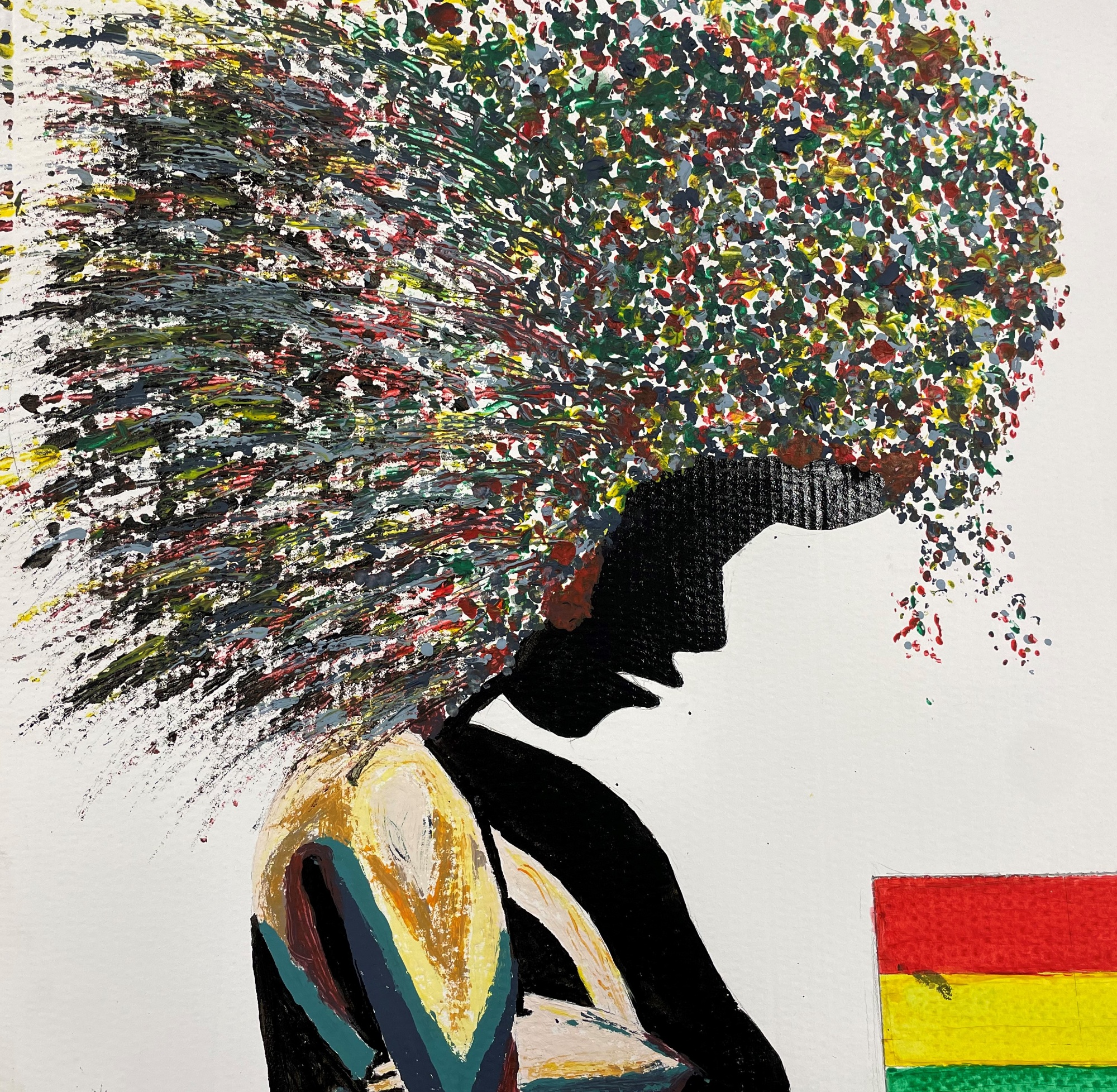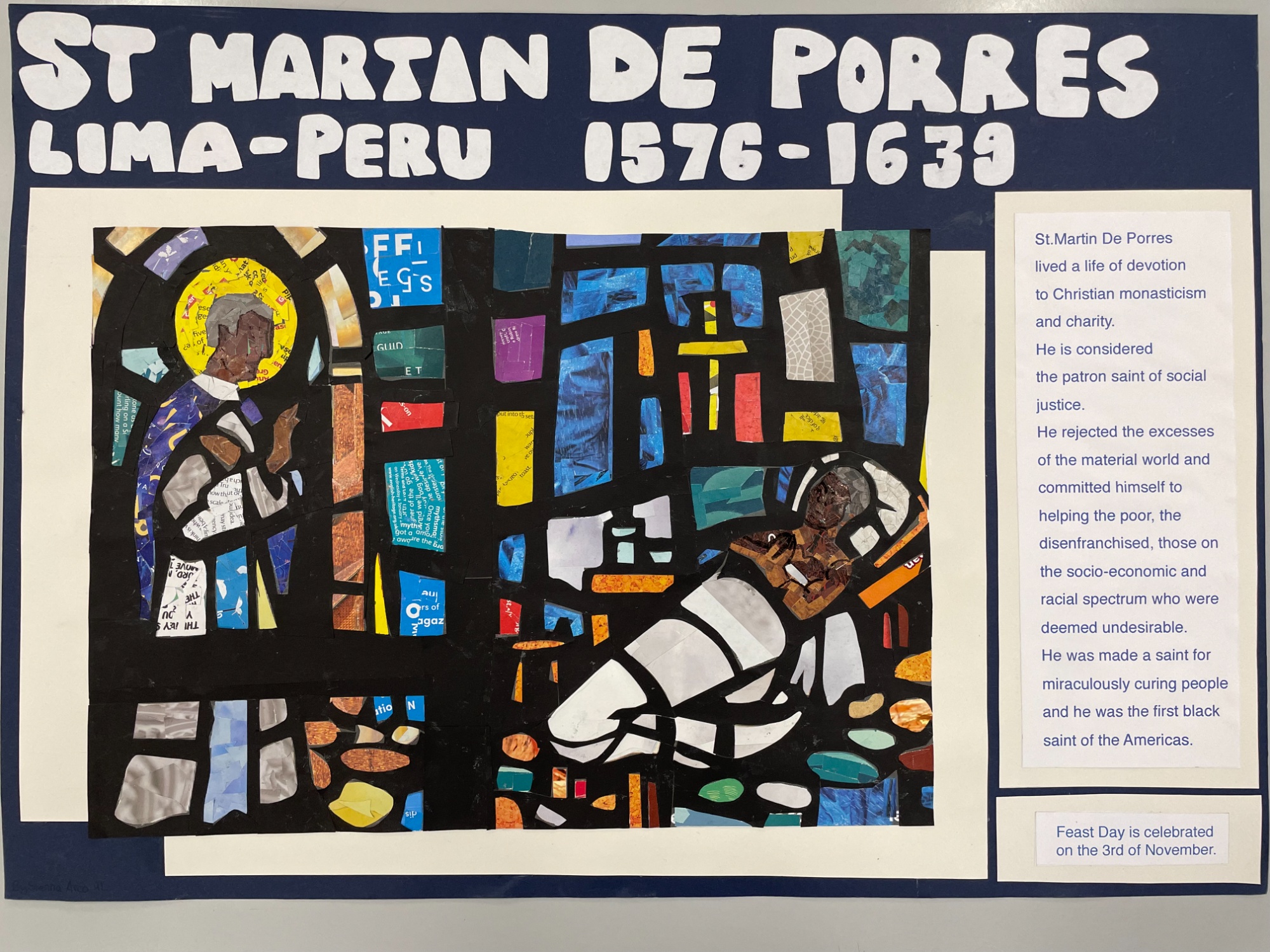Religious Education
Our Religious Education staff inspire students to reflect spiritually, and think ethically. We enable students to develop knowledge, understanding and skills to engage in debate and discussion about life in the modern world.
The content of Religious Education will help the pupil to make a critique of all other knowledge, leading for example, to an understanding of relationships between science and religion or history, and between theology, sport and the human body. (Catholic Bishops' Conference).
The outcome of excellent Religious Education is religiously literate and engaged young people who have the knowledge, understanding and skills – appropriate to their age and capacity – to reflect spiritually, and think ethically and theologically, and who are aware of the demands of religious commitment in everyday life
At Sacred Heart 'teachers create a positive climate for learning in their lessons and pupils are interested, engaged and eager to do well.... The contribution of religious education to the Catholic faith of the school is strong and evident and its influence permeates all aspects of the learning environment of the school.' (RCDOW Section 48 Inspection 2020).
Key Stage 3
 |
 |
 |
Our curriculum aims to:
- Enable young people to hold balanced and well-informed conversations about religion and belief.
- present an authentic vision of the Church’s moral and social teaching so that pupils can make a critique of the underlying trends in contemporary culture and society
- develop students’ knowledge and deepen their understanding of the Catholic faith
- investigate and understand the relevance of the Catholic faith to questions about truth and the meaning of life
- highlight, develop and foster the values, attitudes and practices which are compatible with a positive response to faith
- develop the skills of reflection, discernment, critical thinking, and deciding how to act in accordance with an informed conscience when making moral decisions
- enable pupils to relate the knowledge gained through Religious Education to their understanding of other subjects in the curriculum
- understand and appreciate significant aspects of other Christian traditions and major world religions
- make a positive difference to themselves and the world by putting their beliefs and values into action.
You can read more about our Key Stage 3 curriculum here, Key Stage 3 Religious Education Curriculum
Key Stage 4 (GCSE)
Religious Education is taken as a compulsory subject at GCSE (OCR Specification J625). This GCSE encourages learners to develop knowledge, understanding and skills to engage in debate and discussion about life in the modern world. Students study three units: Roman Catholic Christianity, Judaism, and Religion, Philosophy and Ethics in the modern world from a Catholic Christian perspective. These units develop students’ knowledge and understanding of religious beliefs, teachings and sources of wisdom and authority, including through reading of key religious texts, other texts, and scriptures of the religions they are studying.
Students develop the ability to construct well-argued, well-informed, balanced and structured written arguments, demonstrating their depth and breadth of understanding of the subject. They are able to engage with questions of belief, value, meaning, purpose, truth, and their influence on human life.
Key Stage 5 (A-Level Religion, Philosophy and Ethics)
Core Religious Education lessons continue through Sixth Form for all students. At A-Level, students develop their skills of critical analysis in order to construct balanced, informed arguments and responses to religious, philosophical and ethical ideas.
You can read more about the Religion, Philosophy and Ethics A-Level on our Sixth Form pages, here